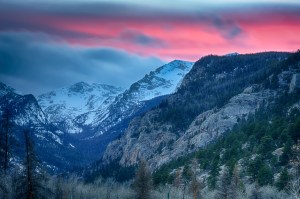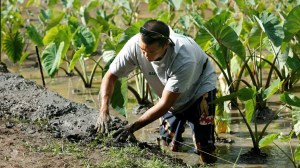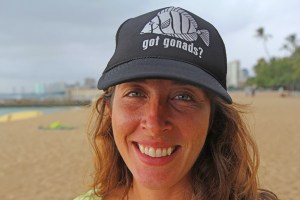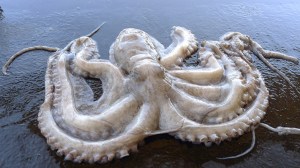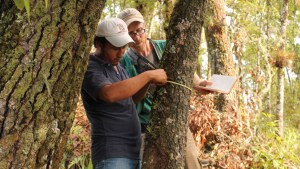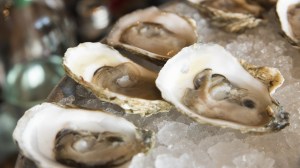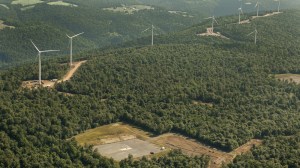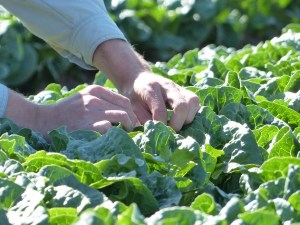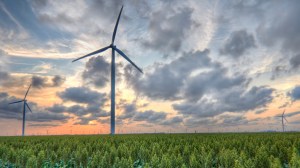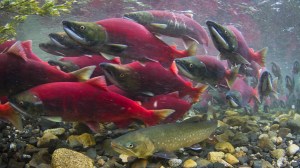Discover stories in Conservation Science
Conserving Nature’s Stage
Conserving nature’s stage: a strategy to sustain biodiversity in the wake of climate change.
Can Traditional Agriculture Restore the Reef?
Ninety percent of the land was covered with invasive weeds. But that degraded land could hold the key to restoring the reef on the island of Oʻahu. Just add agriculture.
Got Gonads?
Everyone knows her as the gonad girl. And she owns it. Social media meets traditional knowledge in an effort to improve Hawaiian fisheries management.
The Octopus’ Birthday: Understanding an Intelligent & Elusive Marine Creature
Science sheds new light on octopus intelligence, as the animals open jars and pick Super Bowl winners. But despite all that attention, remarkably little is known about their life history in the wild.
Building a Better Battery
NatureNet Science Fellow Won-Hee Ryu -- materials scientist and nanotechnology expert -- might not be a typical Conservancy scientist, but his work could have as much benefit to society (and nature) as traditional biodiversity conservation.
Is the Future of Sustainability in Nanotechnology?
More than half of the energy generated in the U.S. is lost as heat. Where some people might see only wasted potential, NatureNet Fellow Haoran Yang sees a huge opportunity.
Even Forest Superpowers Have Limits
A new paper out in the Journal Nature this week adds a frightening twist to an enduring mystery around the role of forests and climate change. Forest carbon scientist Peter Ellis reports on what this means for conservation.
Recent Study Pinpoints Where Ocean Acidification Will Hit Hardest
New research reveals regions and communities most vulnerable to ocean acidification’s affect on shellfisheries.
Recent Study Offers First Comprehensive Picture of Appalachian Energy Development
Energy development is booming in the Appalachians. What does this mean for conservation? A new study offers the first comprehensive picture.
Does Removing Habitat Around Farm Fields Really Make Our Food Safer?
Three people died and hundreds were sickened in a 2006 outbreak of E. coli. Wildlife eventually took part of the blame, but does removing habitat near fields to keep wildlife out actually make our food safer? A NatureNet Science Fellow investigates in a new video.
A Different Perspective to Understand How Energy Impacts Biodiversity
New research reveals how little we know about how energy development impacts biodiversity, and pinpoints a potential solution.
In Synch: Char & Salmon Migrations in Warming Waters
In Southeast Alaska, salmon are changing their annual migration patterns due to warming waters. Will one of their main predators -- Dolly Varden char -- adapt to the change?
